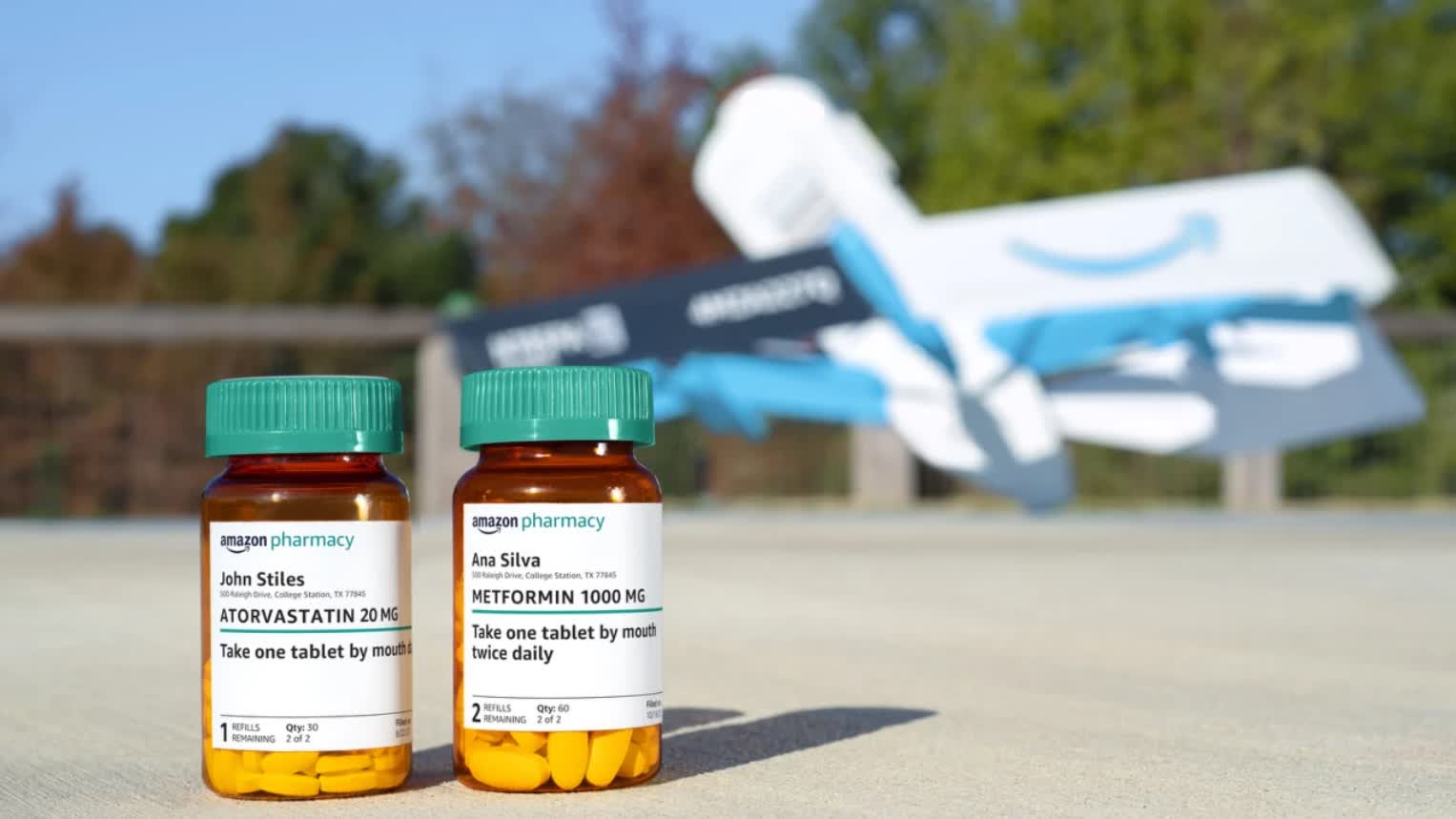Need for speed: Amazon Pharmacy customers in New York City and the greater Los Angeles area can now receive same-day delivery of medication to manage common conditions like diabetes and high blood pressure. The e-commerce giant is leveraging knowledge from its retail operations to enable same-day delivery. Just like with retail, a key cog to speedy delivery is to store products closer to where customers live.
A new facility in Brooklyn, for example, stocks the most commonly prescribed medications.
Pharmacists and techs at the small-format facility are said to be able to process a prescription within minutes instead of hours or days thanks in part to help from generative artificial intelligence and machine learning.
When a script is received, AI models can conduct a series of fact-checking tasks that help ensure pharmacists are getting the most accurate information. It can also help to reduce administrative errors.
Kevin Downes, director of fulfillment at Amazon Pharmacy, said AI doesn't replace the role of the pharmacist but rather, allows them to use the skills they went to school for instead of spending time doing repetitive tasks.
Even with all the AI safeguards in place, no prescription leaves the facility without a pharmacist verifying it has been filled properly.
Amazon Pharmacy already offers same-day medicine delivery in Austin, Miami, Indianapolis, Seattle, and Phoenix, and those in College Station, Texas, can get their meds within an hour thanks to aerial drones.
Customers will experience same-day prescription delivery differently based on their unique environment. In Los Angeles and other suburban areas, Rivian electric vehicles are the vehicle of choice. In Manhattan where traffic is far denser, couriers on e-bikes will get the nod.
Amazon sees lots of untapped potential in the space. Medication delivery has been around since the 1940 but according to consulting firm McKinsey & Company, the service accounts for only 10 percent of all US pharmacy orders. Having another major player in the space will also force traditional pharmacies to step their game up, which can only be viewed as a win for consumers.
